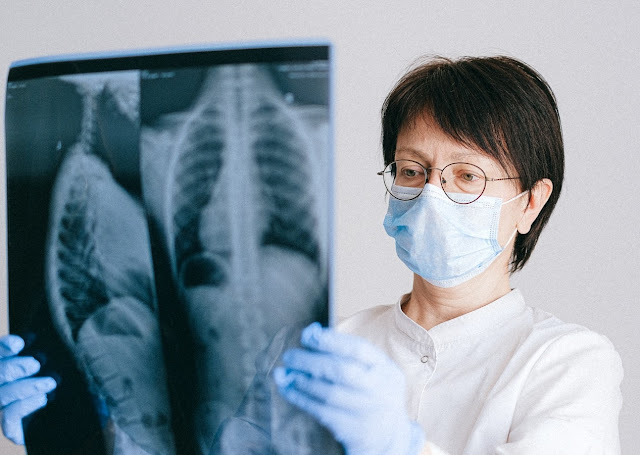AIRE by FoodMarble, hydrogen breath testing at home
 |
| Courtesy of FoodMarble |
Ever wonder if you've had milk and was it "too much"? People with lactose intolerance walk a thin line knowing they have limited ability to break down lactose. For me the problems with milk seem deeper and more related to the fungi that come along for the ride in cheese, the various proteins in milk, etc, plus the limited lactase my body makes. So I basically don't eat cheese, because the only cheese that doesn't cause gut problems for me is Velveeta, and I really don't consider that healthy. The only dairy I ever touch anymore is nonfat yogurt. But your needs and reasons may be different.
It's not just for dairy, apparently the app can track and help you identify problem high FODMAP foods. In my experience if I've been exposed to gluten, my tolerance for FODMAPs goes way down. At the moment I've trained my body flora to accept and use FODMAPs with only a reasonable amount of gas. But there are other people who can't tolerate them at all ever. And this may be a more precise way to discard problem foods than just following lists of "likely" triggers like the plan from Monash University. You could even use the two apps in tandem because there are advantages to each one.
The Monash app will reveal which foods are specifically high in which FODMAP, with scientific precision.
The FoodMarble device and app will keep track of how much hydrogen your body produced, it goes beyond subjective "tolerance."
It has uses in the real world too, after you've figured out your food triggers. You can verify that the food you are given in a restaurant really is prepared as you asked. Also I'm an adult. If I were caring for a child who may not know what they ate at preschool exactly, I might find a breath testing gadget useful. It may also help for elderly care. My experiences with elderly care establishments has not always been positive, and I'm not sure I can trust them if I say "please provide milk free food for her." This would give me some peace of mind, or evidence on which to switch care providers.
This isn't an affiliate, but I did reach out to them to make sure the pandemic of 2020 didn't wipe them out.
Always consider references carefully and look at who funded the science. Sadly when it comes to commercial products, most studies of that sort are self funded. I could plumb the depths of that, but it's not necessary for this article. I'd love to see more independent verification of the use of commercial tools for self care. But for now, here are the studies and articles I was able to find regarding this one, or those related to colonic fermentation studies involving hydrogen studies.
AIRE device study. https://pubmed.ncbi.nlm.nih.gov/31319625/
Colonic fermentation study observing H and CH4 production in groups of people with very different diets. How scientists use devices like this. https://pubmed.ncbi.nlm.nih.gov/10235221/
https://blog.foodmarble.com/foodmarble-lactose-challenge/




